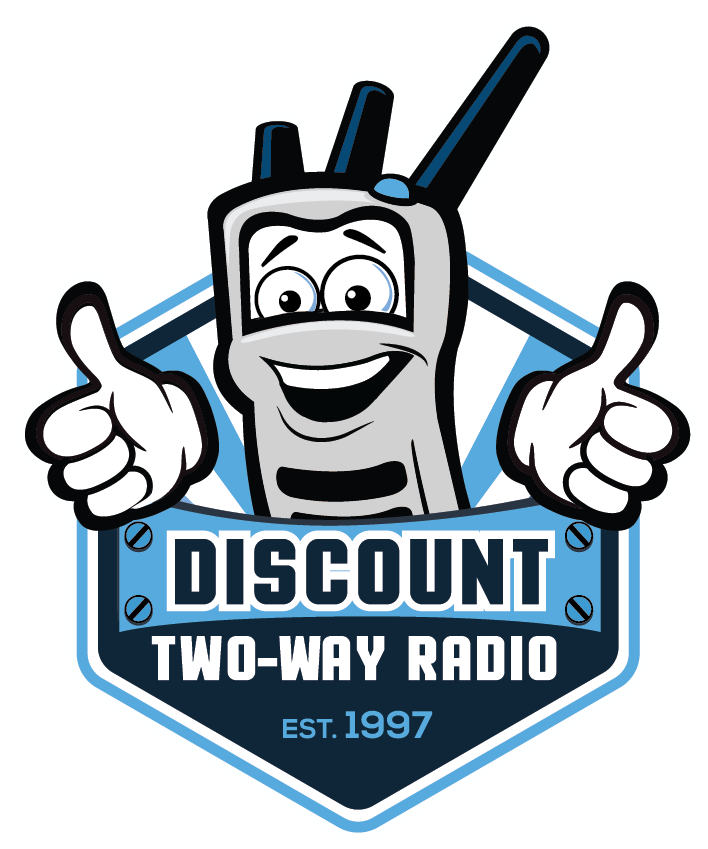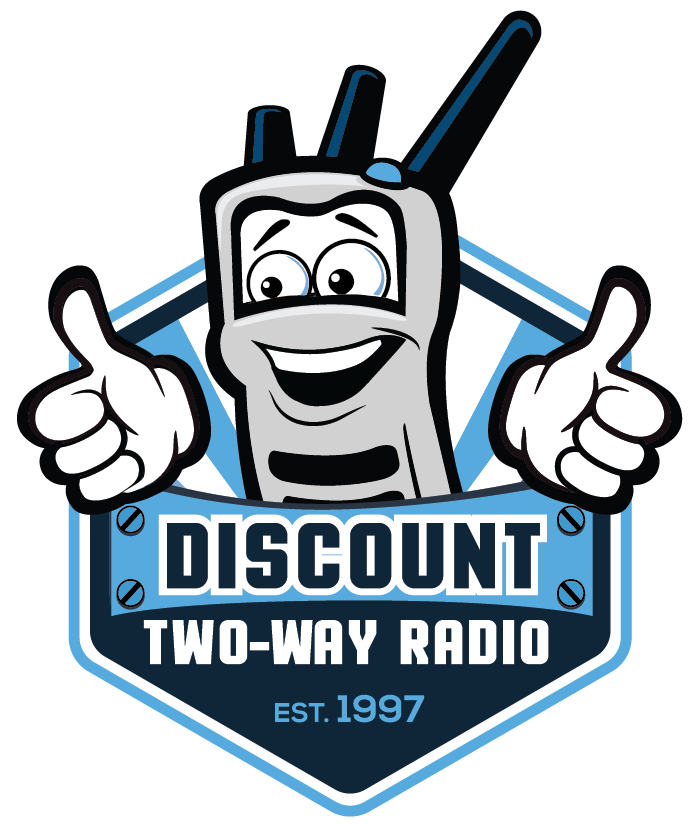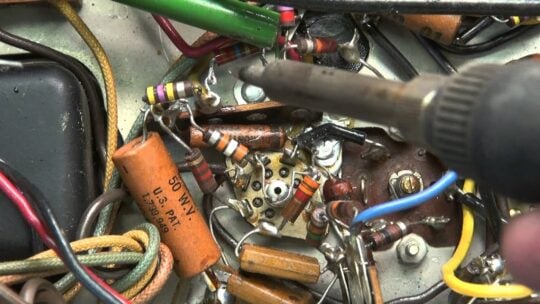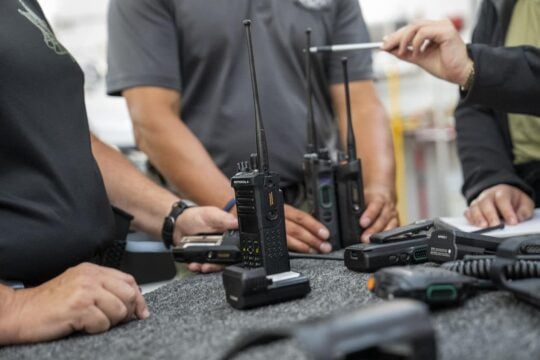
Safe Boating Starts with Professional Grade Marine Radios and Some Basic Marine Radio Knowledge
Boating can be one of the best ways to relax, however without proper equipment like professional quality two-way radios specifically designed for marine use, a simple boating trip can turn into a stressful experience.
Some Marine Radio Basics:
According to the United States Coast Guard, VHF marine radios are one of the most important pieces of safety equipment for seafaring vessels of any size because they make it incredibly easy to communicate ship-to-ship or ship-to-shore for everything from routine contact with ports and marinas to emergency distress calls. All vessels more than 65.6 feet (20 meters) in length are required to have VHF radios onboard. However, they also strongly recommend even if you use a smaller vessel as well.
All marine two-way radios operate in VHF frequencies because this signal is harder to disrupt and can travel much further across wide-open locations (like an ocean or lake). In addition, VHF marine radios are also available in mounted styles or hand-held portable units.
Most professional quality Marine radios also offer many additional features that most land-based radios don’t include. For example, the hand-held RCA’s MR240 two-way radio includes the following marine specific features:
- Emergency weather alerts
- Fully submersible design for up to 30 minutes
- Float and Flash feature for easily locating the radio
- Dual/Tri Watch Function for monitoring mandatory channels
Range
The distance your radio travels when communicating with another base station is called its range. Whether you are using a handheld or a boat-mounted mobile radio, range is one of the most important factors to consider when choosing a marine radio. For example, the MRM400 mobile mounted radio has 25 watts of power for extended range of coverage, and the portable MR240 has 5 watts of power.
Important Two-Way Channels All Boaters Must Know
All boaters need to be familiar with certain radio channels that are used for communicating ship-to-ship, ship-to-shore, and all distress warnings. For example, the Federal Communications Commission has established VHF-FM channel 9 as a calling channel for “hailing” other recreational boaters. Channels 9 and 16 are used calling another vessel only. Once boaters have contacted another vessel, they should move their conversation to a “working channel”. That is, one designated as “non-commercial” such as channel 68. In some waters (northern New Jersey, New York, and New England) use Channel 9 for Regional Coast broadcasting urgent marine information and storm warnings.
In addition, Channel 16 is used for distress safety and calling. The FCC regulations require all boaters with VHF marine radios maintain a watch on either VHF Channel 9 or Channel 16, whenever the radio is turned on.
RCA Marine two-way radios all have a special feature called a Dual/Tri Watch that allows boaters to monitor Channels 9 and 16 while receiving on another channel.
Another important channel you should be aware of is channel 22A. This channel is reserved for the U.S. Coast Guard to relay marine information broadcasts. Many times, the Coast Guard will use this channel to announce to all boaters that they have information that may be of importance to you. They would request that anyone wanting to listen to the information switch to channel 22A to hear the information.
Do Professional Marine Radio Save Lives?
Without a doubt, quality marine two-way radios when used correctly can save lives. For example, recently a charter boat failed to have his radio tuned to the proper channel and missed a severe storm warning. By the time the captain learned of the storm, it was too late to return to shore. The ship sank and a couple of persons died. On the contrary, the Coast Guard has witnessed when two vessels are approaching each other and are able to avert calamity because of communicating they were using their radios while tuned into the proper channel.
Discount Two-Way Radio is an authorized marine radio specialist for more than 22 years, and regularly advises some of the largest maritime companies on two-way radio communications equipment. Give one of our helpful sales executives a call regarding marine radios at 800-895-5122.





No Comments